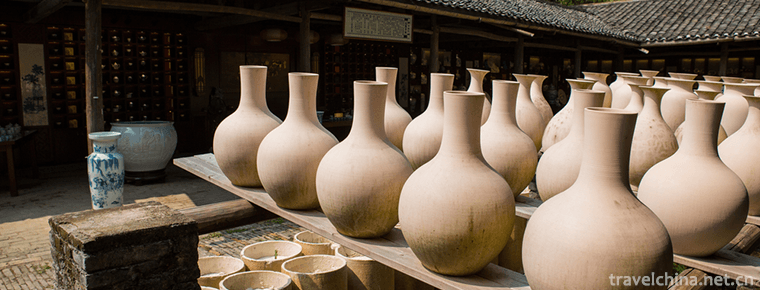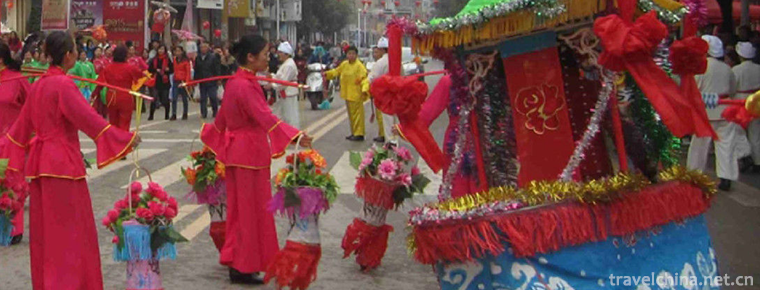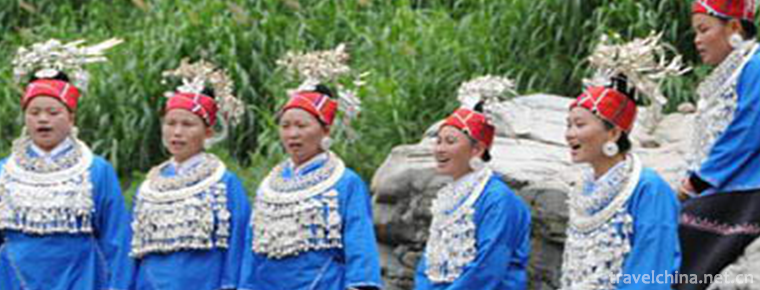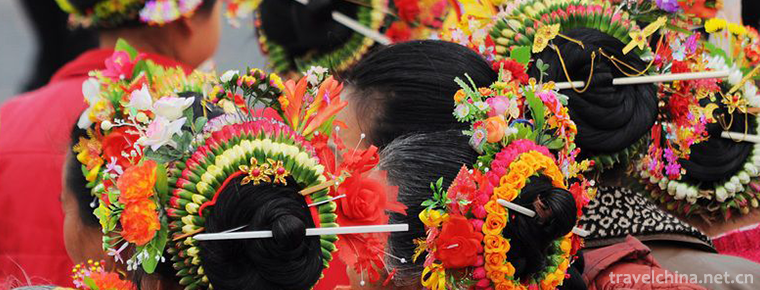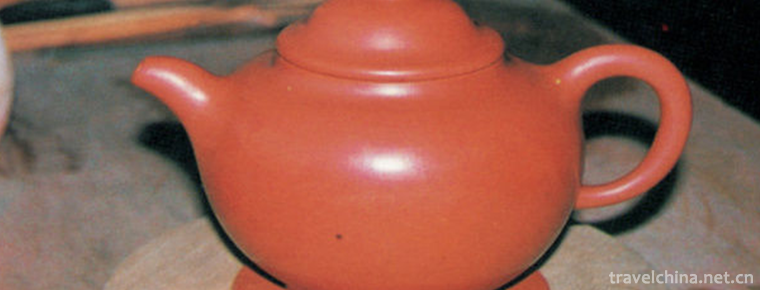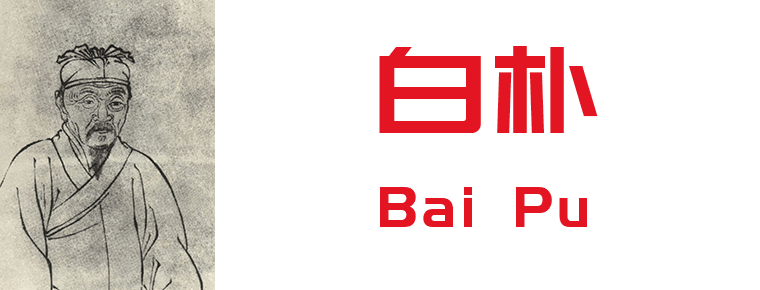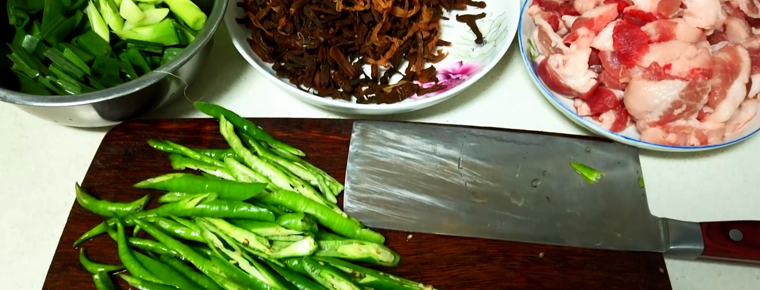Tujia Wedding Song
Tujia Wedding Song
The Tujia people living in the border areas of Hunan, Hubei, Chongqing and Guizhou are an ancient civilized nation with a long history and traditional customs, and retain strong national characteristics in marriage customs. Tujia people's crying marriage songs are lyric ballads sung by the bride to be married and her relatives and friends. It is a singing form to express the true feelings of women when they get married in a specific historical period. It is also known as "Chinese aria" for brides to express their feelings of separation.
On May 23, 2011, the "Tujia Wedding Song" jointly declared by Yongshun County and Guzhang County of Hunan Province was listed in the third batch of national intangible cultural heritage list with the approval of the State Council.
historical origin
On the day of marrying a girl in Lingnan, the new couple sat in a temple, and the young girls were decorated with clips. They sang and sang together again and again, with sadness and gracefulness, and made courtesy to each other. On the famous day, they said that they would send their young Companions to the old. The songs are also composed by Jingjiang people on the basis of Su Mu Sha and Qinren people on the basis of Ren Yue Yuan. They are all self-compiled and refuse to follow suit. Every sender is sent to the old people in the middle of the night, the men of the township party go to watch it, or sing in the middle of the dense people, in order to tune the female companion, the female companion knows who it is called, and also sing in answer, quite poor in the concealment of their home, often to fight with this, or this wish.
By the Qing Dynasty, some local chronicles had recorded the songs of crying and marrying. If Jiaqing Year asked Hunan's Ningyuan County Governance Volume 2, it recorded the popularity of weeping songs in five counties and prefectures in the southern part of the province.
Ning Custom: On the eve of marrying a woman, she has wine and gathers women's singing. Gothic, mother, daughter and all the old uncles and sisters cried in a circle, one after another, until they reached the end. This wind does not know when it began, but the five states of Dao, Ning, Yong, Jiang and Xinzhou are the same.
During the Guangxu period in the late Qing Dynasty, there were three volumes of Qianjiang County Records in Guangxi.
Marriage, the first three days of a woman's family, invite relatives and friends of women, all night long singing, so-called "farewell song", to say the feelings of other parents and brothers. It's also called "Sending Old Songs" and "Sending Old Songs to Old Cousins and Cousins" is also called "Sending Old Songs to Old Cousins".
Since the early years of the Republic of China, there have been more records of crying songs, such as Hu Pu'an's National Customs Chronicle, Liu Wanzhang's Old Marriage Custom in Guangzhou, Wang Xingrui, Cen Jiawu's Qiongya Island Folklore Chronicle, Huang Zhanmei's Guiping County Chronicle, and all kinds of customs, marriage customs and local chronicles after liberation. "From the content of the Crying Marriage song text, it involves more feudal social life, which should be really mature and customary in this period. In modern times, the custom of crying for marriage is especially serious. There is a saying that "if you don't cry, you will cry more and more". Since the Republic of China, great changes have taken place in Chinese society, and the old marriage and family system has been transformed. Wedding songs have also lost their survival soil and gradually disappeared. In modern society, there are only some residual phenomena in some remote areas with traffic congestion and backwardness and poverty.
Hunan, Hubei, Sichuan, Chongqing, Guizhou and Tujia communities are located in the junction zone between the upper reaches of the Yangtze River and the middle reaches of the Yangtze River. "Lianshan mountains and dangerous gorges, remote people are poor, easy to defend and difficult to attack, and the pace of history is slower than that of the peripheral areas." Daba Mountain in the north, Wushan in the middle, Wuling Mountain in the south, and Nanling Mountains in the south, is a cultural sedimentary belt. Many ancient cultural phenomena have disappeared or are on the verge of extinction elsewhere, but there are still traces to be found in this place. Wedding songs are one example. Even today, in remote mountain villages, there are also girls crying when they get married. Although the custom of crying for marriage was prevalent in the local area, there is still a custom of crying for marriage, but there are few literature materials about the Tujia people's crying for marriage songs. Now the earliest can be seen is Peng Qiutan (1748-1808), a famous Tujia poet in the Qianlong period of the Qing Dynasty, who recorded that "Ten Sister Songs, Love for Kinselves, Sad Goodbye, Songs are Man, very sad, with the sound of tears, is also the will of"Bamboo Branch". There is another bamboo branch ci:
Ten sisters'songs are too sad, don't make your mother cry.
Ningxiang is near Wushan Gorge, still like Baniang singing bamboo branches.
If Tujia brides don't cry when they get married, they show that they are not filial to their parents and have no attachment. There is a legend in the Tujia people that "can cry or not sing, girls are not expected". Singing weddings has become a standard to measure women's morality. Therefore, if Tujia girls do not cry and marry, they will be laughed at. As time goes by, weeping songs are literary treasures created collectively by girls of all dynasties.
The Tujia people wept and married according to the Biographies of Southwest Yi in the Book of the Later Han Dynasty and the Records of the Ming Dynasty. After the Qin and Han Dynasties, there were Tujia people cultivating and multiplying here. In ancient times, the marriage of Tujia people was relatively free. As long as both men and women were willing, and with the permission of Tujia teachers, they could engage and marry. With the development of feudal ethics, Tujia's free marriage, like other nationalities, has gradually been replaced by arranged marriage, stressing the conditions of "parents'orders, matchmaker's words" and "door to door".
At the same time, the phenomenon of weeping and marrying that Tujia girls are dissatisfied with arranged marriage gradually manifests itself and develops into a rich cultural phenomenon. Only after liberation did the phenomenon of arranged marriage be basically curbed. No matter how the form of love and marriage develops, the Tujia girls'tears of joy and sorrow before marriage remain unchanged. Even in today's era of frequent ethnic exchanges and rapid cultural penetration, Tujia girls have to present a song of weeping and marriage to their relatives and friends who come to celebrate their marriage.
Inheritance Significance
Tujia crying marriage songs are basically women's activities in terms of creation, singing and inheritance, which can be said to be a unique female space in Tujia society. It is melodious and emotional; it is natural and peaceful, mellow and strong, simple and friendly. It is the exposure of Tujia's history, life, beliefs and values, the reflection of Tujia's specific needs, the reflection of national psychology, the manifestation of national survival relations and life concepts, and the reflection of national emotions and personality characteristics.
Inheritance and Protection
In daily life, people generally use oral method to describe the basic activities of human beings, which is different from the written record of the memory of their own group history. These memories are so-called social memory or daily group memory. They not only conform to some rules of individual memory, but also have some characteristics of group memory. The greatest characteristic of social memory is its fresh activity and its close connection with the activists. People often present history vividly to us in the most dynamic language and show us the essence of life. Because, whether it is the documentary records or the text of the Crying Marriage song, they themselves provide us with a static display, so in order to understand the Crying Marriage song deeply, we should go to the behavior subject of the Crying Marriage song, to explore the survival context of the Crying Marriage song. Only in this way can we truly reveal the significance of crying and marriage songs, especially for Tujia women. In the third batch of national intangible cultural heritage list, "Tujia Wedding Song" is on the list, which indicates that this minority folk song has been officially listed in the national intangible cultural heritage.
On December 27, 2018, Yan Shuihua, the national inheritor of Tujia Crying Marriage Song, participated in the premiere of the vegetable orchestra "Rock and Roll + Non-Heritage" song "Green, Fertile, Red and Slim".
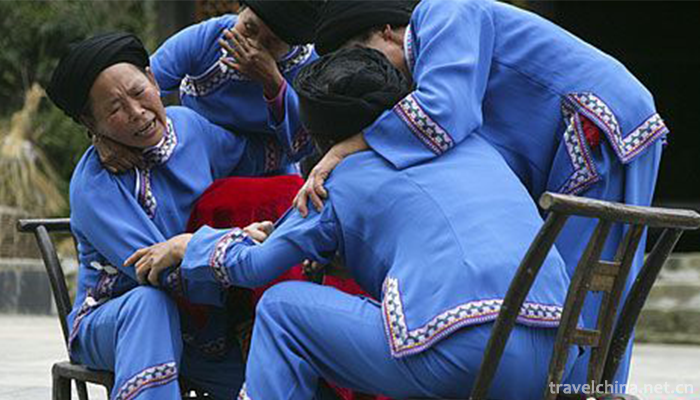
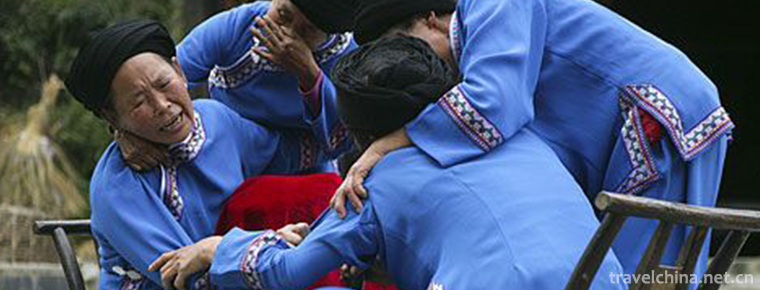
Tujia Wedding Song
-
Expo Area of Acient Kiln & Folk Cultures in Jingde
Jingdezhen Ancient Kiln Folklore Expo Area, located in Fengshu Mountain and Panlonggang, Changjiang District, Jingdezhen City, Jiangxi Province
Views: 534 Time 2018-12-08 -
Mount Tai Fonters Happy World
Tai'an Fangte Happy World is located in the eastern New Area of Taishan District, Tai'an City, Shandong Province. Font's Happy World is characterized by science fiction and animation
Views: 396 Time 2019-02-13 -
Automative lighting
Car lights are also known as "teasing Momei" and "running a dry boat". It is mainly performed around the Spring Festival.
Views: 346 Time 2019-04-16 -
Hit City drama
Dacheng Opera, a local traditional drama in Quanzhou City, Fujian Province, is one of the national intangible cultural heritage.
Views: 219 Time 2019-04-22 -
Miao folk songs
According to its content, Miao folk songs can be divided into Youfang song (love song), wine song, bitter song, anti-song, funeral song, labor song, political song, children's song, riddle song and so
Views: 109 Time 2019-06-05 -
Quanzhou breast clapping dance
Breast-clapping dance, also known as chest-clapping, seven beats, flower-clapping and beggar dance, is a traditional dance originating in Quanzhou, Fujian Province. It is widely spread in Quanzhou cou
Views: 179 Time 2019-06-11 -
Taiji boxing
Taijiquan, a national intangible cultural heritage, is based on the traditional Chinese Confucian and Taoist philosophy of Taiji, Yin-Yang dialectical concept as the core idea, integrating many functi
Views: 202 Time 2019-06-18 -
The Custom of Hupu Women
Hupu women's custom is a traditional folk custom in Quanzhou City, Fujian Province. Hupu women are mainly distributed in the communities of Hupu, Jinzai, Houpu and Dongmei in Donghai Street, Fengze Di
Views: 214 Time 2019-07-09 -
Production Techniques of Yixing Purple Sand Pottery
Yixing Purple Sand Pottery Manufacturing Techniques, Dingshu Town, Yixing City, Jiangsu Province, local folk traditional pottery making techniques, one of the national intangible cultural heritage.
Views: 185 Time 2019-07-12 -
Bai Pu
Bai Po (1226 - about 1306), formerly known as "Heng", Ren Fu, later renamed Pu, the word is too plain, Lanlan Valley, Han nationality, ancestral home state (now Shanxi) Hequ ) Nanjing's Kaif
Views: 212 Time 2019-09-11 -
Stir fried pork with salted vegetables
Stewed pork with dried plum is a famous traditional flavor dish in Shaoxing, Zhejiang Province. The main raw materials are dried plum and streaky pork. Dried vegetables absorb meat fat to remove astri
Views: 474 Time 2020-03-18 -
Luzhou cuisine
Sichuan hotpot, famous for its hemp, spicy, fresh and fragrant, is the representative of Sichuan cuisine. It is said that the birthplace of Sichuan hotpot is xiaomitan in Luzhou (near Gaoba, Luohan street, Longmatan District).
Views: 88 Time 2020-12-14
